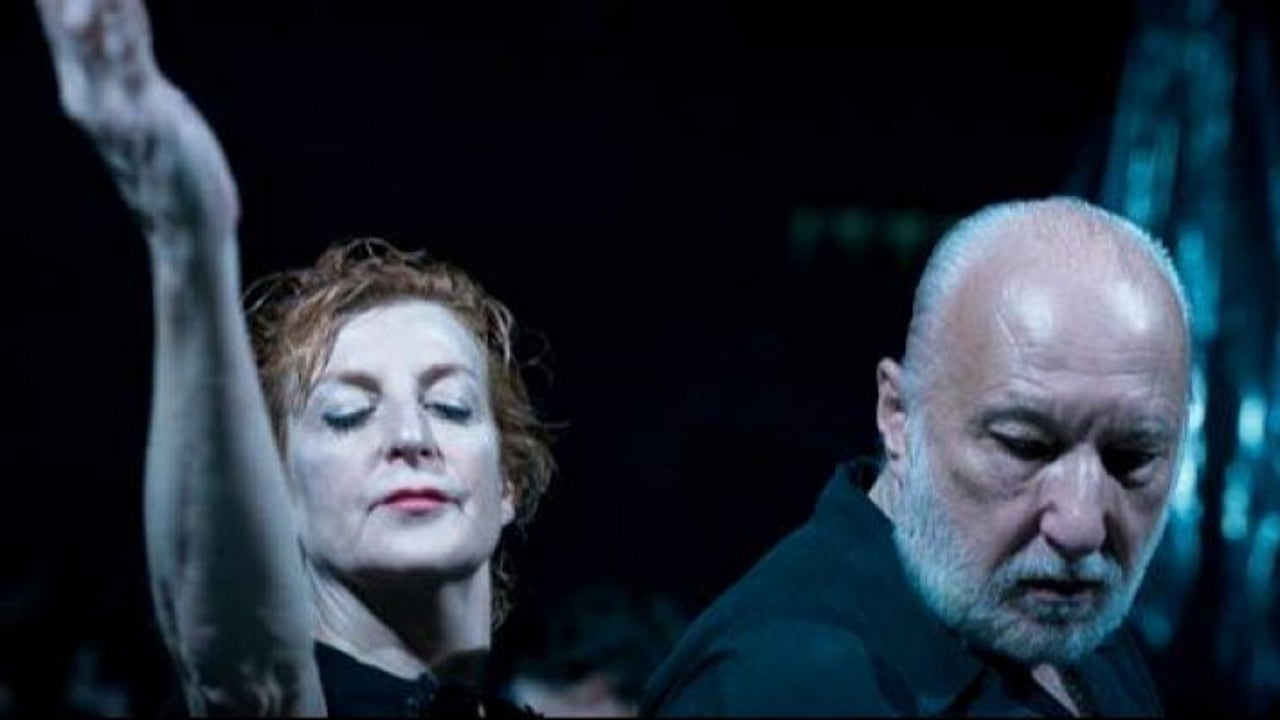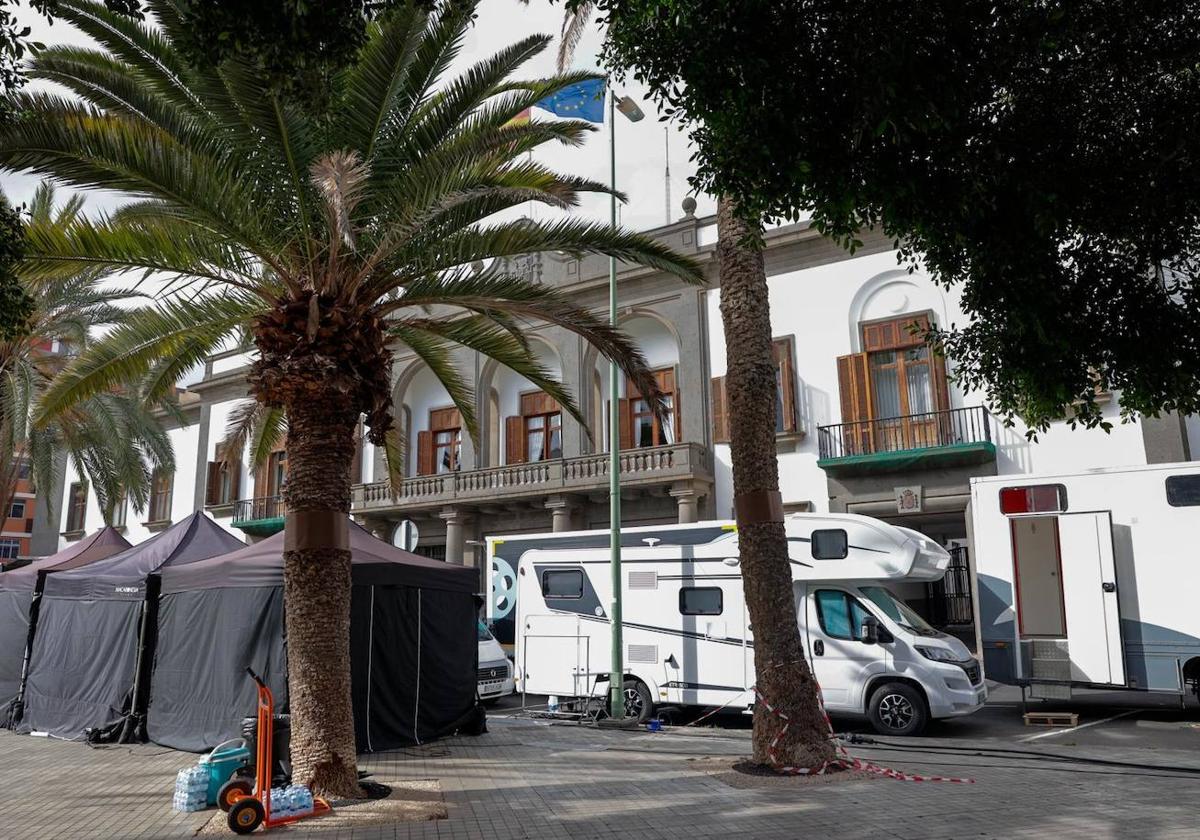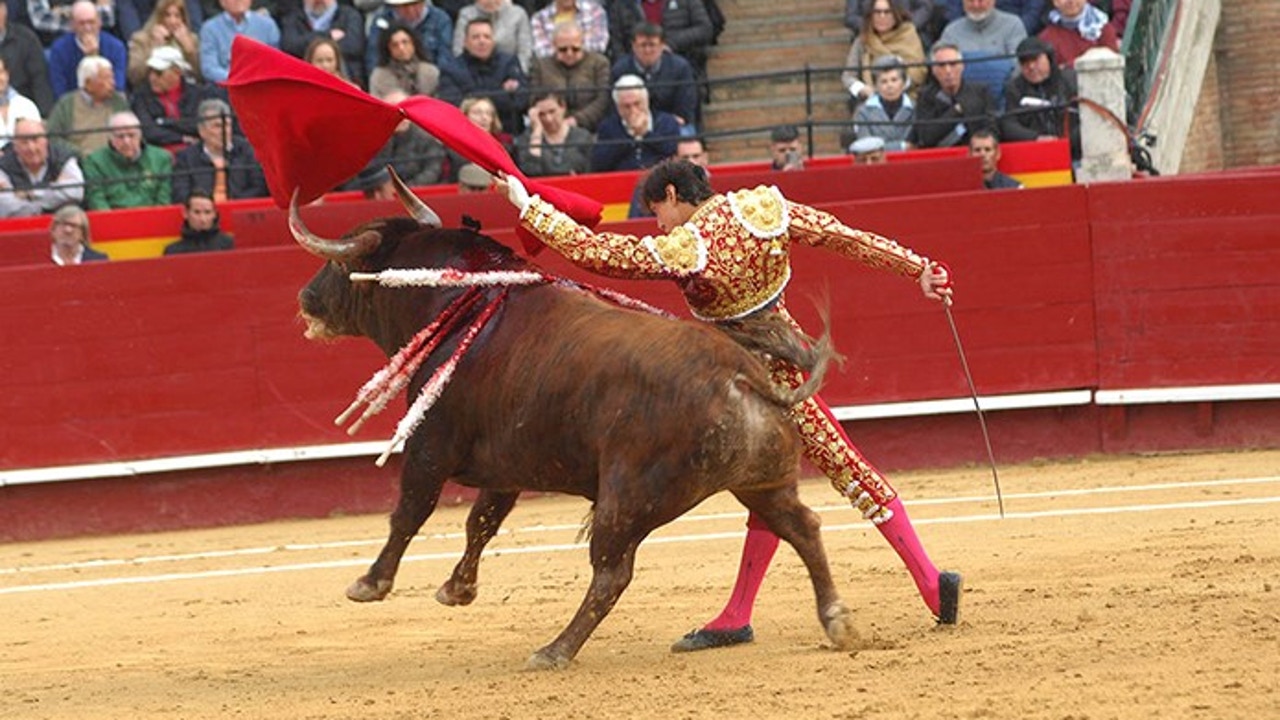Democracies threatened | Babelia | THE COUNTRY

We already know that our life is built of routines, and thanks to that algorithms are able to create defined profiles of each person's personality that help predict our future behavior. Since the Gregorian calendar was invented more than 400 years ago, people's habits have been acquiring a temporal rhythm defined more than anything by Christian celebrations, and in a world in which everything is subject to revision, the resilience of said Accounting to this day. From it derives the custom of making annual recap of all kinds of events. People are in love with the lists, no matter if they refer to the richest in the world, the number of followers on Facebook, the best-selling books or the most loved by critics.
I recognize my aversion to participate in these classifications, often false and not a few wrong. I abhor the summaries of the year, but I have imposed them on how many publications, programs and activities I have directed. For this reason, I am not going to elaborate the list of successes that I think is more successful, but I do want to highlight that between the gigantic and universal arching of works published or disseminated in 2019 I have not seen in any case two books of singular importance for Understand globalization and the current crisis of democracy. I mean The square and the tower, from Niall Ferguson, Y Renovating Democracy (not yet published in Spanish), of Nathan Gardels Y Nicolas Berggruen.
Among the numerous books that have seen the light of the current political crisis in the last two years, these are certainly not the most read, but they do result in my opinion fundamental to understand the world in which we live and the one that is coming. To them we could add How democracies die (Ariel), by Steven Levitsky and Daniel Ziblatt, this one a best seller in the United States, and that of Madeleine Albright Fascism (Paidós), about which I wrote on these same pages.
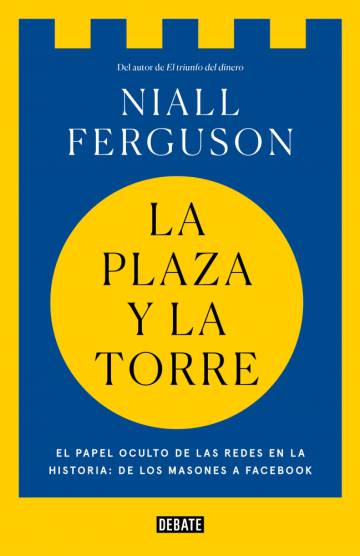
Ferguson's work, recognized worldwide as one of the best historians in the economy, highlights the risks and threats of free utopias that are projected on the digital society. He believes that social networks and their complicity with artificial intelligence will generate a new "anarchy" on the one hand while facilitating totalitarian control systems, such as those already tested in China. It is a dynamic and vibrant provocation in which the author ends up wondering if the complexity of the networks, among which the economic ones stand out, supposes or not a threat to the world hierarchical order of the nation-state. “To simplify: can there be order in a networked world? As we have seen, some believe so. In the light of historical experience I doubt it very much. ”
Gardels and Berggruen, head of the research institute that bears the name of the latter, continue in their new installment analyzing the reality from the basic premise of their intellectual building: that it is not enough to have good Constitutions for democracy to work if We are not able to promote good governance. Its fundamental concern lies in the fact that responses to crises and, above all, the ability to return or pay back power to the governed seem sometimes more effective in non-democratic regimes or benevolent authoritarianisms, such as Singapore's, whose sovereign investment fund model proposed as an example. Other fully democratic countries, such as Norway, have also tried it. That democracy can be threatened by bad governance is something that today's Spaniards know enough, and the news that floods the gatherings in the days when I write this note does not help clear up the unknowns.
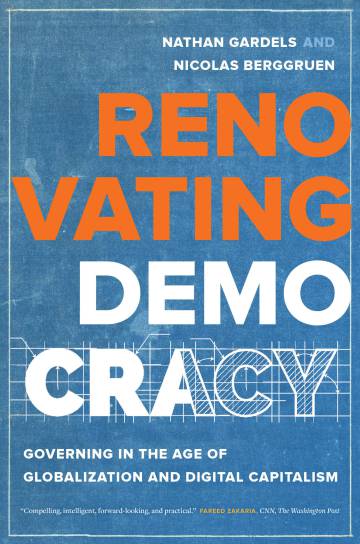
The conclusion of both readings and other couples is that the international order emanating from World War II has disappeared and can be replaced simply by disorder, if basic reforms are not made in the political system, in the social structure and in one's own condition of capitalism, generator of wealth, but also of abysmal inequalities. Some, including Ferguson, compare the consequences of the invention of the Internet with those that once had the appearance of the printing press. They are ingenuities undoubtedly beneficial to humanity, but by subverting the established order they generate risks and unknowns that are difficult to manage. Among them, the collapse of traditional elites without being able to be replaced by others. A world without teachers is doomed to disaster. Time will still pass until we reinvent something similar to the order that guarantees security and rights within the framework of democracy.
The square and the tower. Niall Ferguson. Debate, 2018. 656 pages. 27.90 euros.
Renovating Democracy Nathan Gardels and Nicolas Berggruen. University of California Press, 2019. 231 pages. 28 euros

